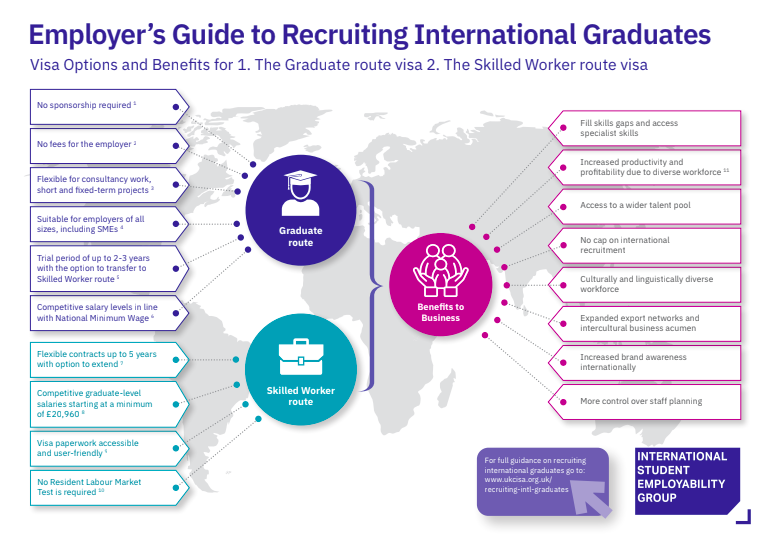Youssef Medhat, ONCAMPUS, Dubai
This week, we spent five minutes with Youssef Medhat, a student recruitment manager working across the Middle East and North Africa.
We discussed considering changing career paths in the middle of the pandemic and trying the local cuisine in Uzbekistan.
What do you like most about your job?
The best thing about this job is the satisfaction you feel when a student tells you how happy they are with the university option you suggested and guided them to go to, especially when they graduate and they come back to thank you.
You know you are leading the way and taking a strong tangible role in changing people’s lives to the better and guiding them to reach their full potential.
Tell us about a defining moment in your career
During coronavirus I was facing a career crossroads after I was made redundant and thought about moving to a different industry as borders closed down and education turned online.
I had to make a decision, either to stay in the higher education sector or not. I had many doubts whether things would go back to normal. Everything was very challenging, but as [with] everyone else, I had to adapt and grow. It led me to being more resilient and develop a stronger sense of determination.
I decided to carry on working in the same industry and working towards my goal and vision to become a leader and a top achiever in the UK higher education industry.
Two years later, I received an award for having the highest numbers of student recruited (2022) and the year after I have received an award for being sales person of the year (2023) which clearly was a significant milestone in my career.
What was your first job in international education?
By coincidence like most of us, I got to know of an opportunity with a UAE-based student placement agency which was expanding to Egypt.
I joined the company as a country manager, responsible for building relationships with schools, setting up the office, looking for staff, learning about the industry and different study destinations, entry requirements, visa requirements and study programs.
It was a very different experience even though I came from sales background and had international customers. However, working in this field has changed my life and was an eye opener for me on so many different levels and definitely impacted my life positively.
What’s your favourite international cuisine or dish that you’ve discovered through your work?
Plov is one of my favourite dishes that I have tried while visiting Uzbekistan on a work trip in early 2020.
If you could give one piece of advice to an aspiring international educator, what would it be?
A very important piece of advice for aspiring international educators is to embrace cultural humility and a genuine curiosity about the world.
You would only be able to build very strong links and relationships when demonstrating cultural humility, which will also help you build trust and rapport with students and colleagues from different cultures.
It shows that you respect and value their perspectives. Also this approach will make you more likely to ask questions, seek clarification and avoid making assumptions, which will lead to clearer and more effective communication.
Having genuine curiosity about the world will broaden your horizons. It will lead to personal and professional growth as it will make you seek out new experiences, travel and engage in cross-cultural learning opportunities.
“Having genuine curiosity about the world will broaden your horizons”
You will inspire your students to explore the world and learn about different cultures. And it will be easier to adapt to new environments, teaching methods and challenges.
What’s the most interesting trend you’ve observed in our industry recently?
Recently I started to notice that study abroad awareness grew rapidly over the course of the last eight years in the MEA region among parents and the demand has become very high now.
And even though the number of government sponsorship seats declined in many GCC countries, Saudi Arabia is soaring.
If you could learn any language instantly, which one would it be, and why?
That language would be Japanese. It is a very interesting language and culture. I have always been fascinated by the amount of discipline, strength and pride in the Japanese culture and knowing the language would definitely help understanding the Japanese history and blend in the culture
The post Youssef Medhat, ONCAMPUS, Dubai appeared first on The PIE News.

